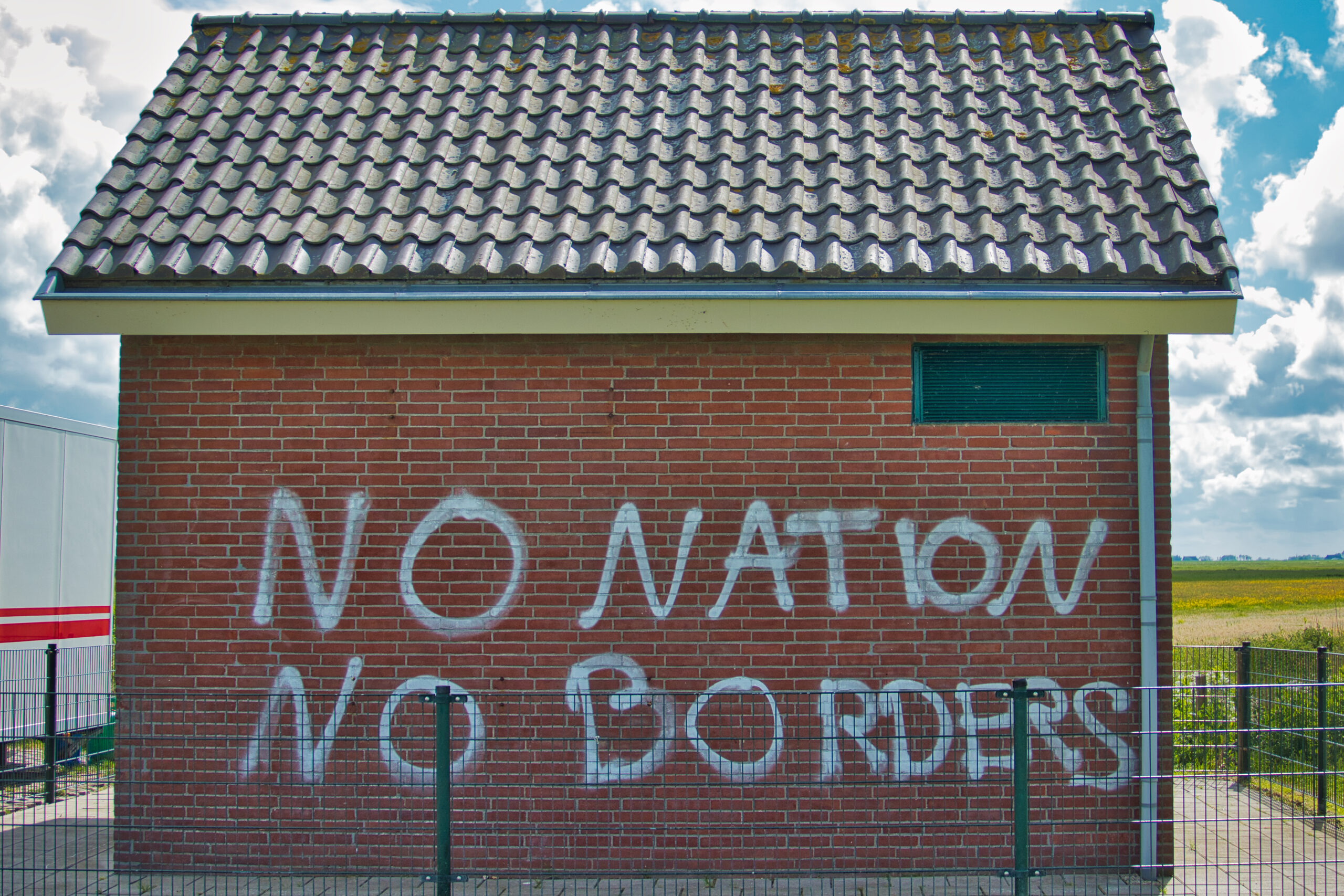Afghan woman, Somali girl rejected as refugees under new rules

An increasing number of asylum requests that would have been granted previously are now being turned down because of new rules governing “credibility”, current affairs show Nieuwsuur reported on Monday evening.
The programme spoke to lawyers, refugee agency Vluchtelingenwerk and experts about the changes, which came into effect on July 1.
The change was introduced by former minister Erik van der Burg with the aim of increasing the rejection rate, Nieuwsuur said. But lawyers say in practice the rules are leading to more work for the immigration service.
Before the changes, 81% of requests for asylum made in the Netherlands were honoured, compared with an EU average of 53%.
Asylum seekers who arrive in the Netherlands now have to hand over documents that prove that they are personally at risk, rather than part of a group of people who are under threat. Those without documents have to undergo a “credibility check” in five key areas which, together, should prove the asylum seeker’s story.
The IND told Nieuwsuur that it is still too soon to assess the results of the tougher policy. But lawyers and Vluchtelingenwerk say they have noticed a change.
Lawer Bart Toemen told the programme about an Afghan woman who applied for asylum after July 1 and has been refused refugee status despite the desperate situation facing women there. “I think this woman would have been given asylum if she had applied after July 1,” he said.
The new way of working, he said, will only lead to more appeals.
Lawyer Maartje Terpstra is representing a 15-year-old Somali girl who was smuggled out of the country by her family because she was on the verge of being married off to a leader in terror movement Al Shabaab.
Her request too has been turned down. “I know she would have been granted asylum previously,” Terpstra said. She too expects the new rules will lead to more work and “given the shortage of capacity, this is not what anyone wants.”
Asylum minister Marjolein Faber said in a reaction that it was too early to say if the new rules had led to a significant increase in rejects. “Whether a rejection is correct or not, can always be checked on appeal,” she told the broadcaster.
Faber, a minister on behalf of the far-right PVV, has pledged to introduce the “toughest” refugee regime ever. She has also criticised the number of appeals which refugees can make if their request for asylum is rejected.
Thank you for donating to DutchNews.nl.
We could not provide the Dutch News service, and keep it free of charge, without the generous support of our readers. Your donations allow us to report on issues you tell us matter, and provide you with a summary of the most important Dutch news each day.
Make a donation